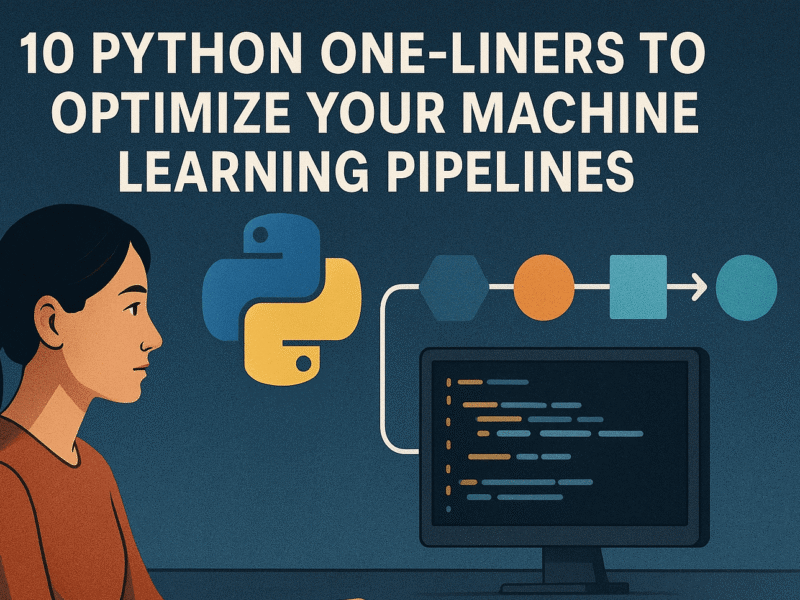OpenAI CEO Sam Altman has provided insights into the next iteration of the company’s AI model, GPT-6, shortly after the launch of GPT-5. The upcoming model will prioritize enhanced memory capabilities for more personalized and consistent user interactions.
According to a recent report by CNBC, GPT-6 will focus on creating a more human-like interaction experience. This represents a shift from simply increasing the processing power of the AI to improving its ability to remember and learn from past interactions, with the overarching goal of delivering a more tailored and relevant user experience.
While GPT-5 introduced improvements in reasoning and token flexibility, users have noted that each new interaction with the model feels isolated from previous ones. The memory feature in GPT-6 is designed to address this issue. Specific improvements include:
- Personal preference learning: GPT-6 would learn to tailor its responses based on individual user preferences, adapting to whether the user prefers concise answers or detailed explanations.
- Voice and tone recognition: The model could maintain consistency in communication style across extended conversations or ongoing projects by recognizing and adapting to the user’s voice and tone.
- Evolving user interaction: GPT-6 could adjust its explanations to match the user’s learning speed and track progress in multi-step tasks, ensuring continuity and a more seamless experience.
The development of memory capabilities in AI represents a significant step towards creating more meaningful and useful interactions. This functionality allows AI to transition from being a simple chatbot to becoming a more reliable and valuable assistant. When AI can recall past conversations, preferred communication styles, and long-term goals, it can foster greater trust and enhance usability. Users will spend less time repeating information and more time building upon previous interactions. The AI can pick up where it left off, adapt to changing needs, and anticipate the types of responses or insights a user is seeking.
OpenAI CEO Sam Altman emphasized that the adaptability enabled by memory is more crucial than raw processing power. He stated that even the most intelligent AI assistant is ineffective if it cannot recall previous requests or preferred methods of information delivery. Adaptability and personalized experiences are therefore core to the design and development of GPT-6.
Despite the potential benefits, Altman has acknowledged the inherent risks associated with long-term memory in AI. The capability to remember past interactions raises concerns about privacy and the potential for data misuse. While users desire an AI that can adapt to their needs, this adaptability introduces ethical and safety considerations that must be addressed.
The practical implementation of memory features will require robust user controls, transparent data storage policies, and strong security protection mechanisms. These measures are essential to prevent the potential for discomfort or surveillance and to ensure that user data is handled responsibly. Without these precautions, the promise of a more connected and personalized experience could be undermined by privacy and security risks.
The launch date for GPT-6 remains unknown, but the emphasis on enhanced memory capabilities signifies a potentially transformative shift in AI technology. Currently, AI systems generally forget past interactions, giving users a sense of control. The ability of GPT-6 to remember could fundamentally alter this relationship, creating a truly personal and adaptive assistant. If developed and implemented ethically, this could mark a significant advancement in AI’s ability to understand and interact with humans in a more meaningful way.

